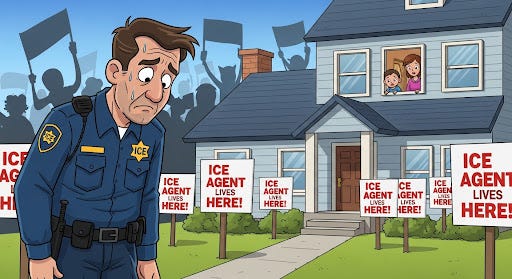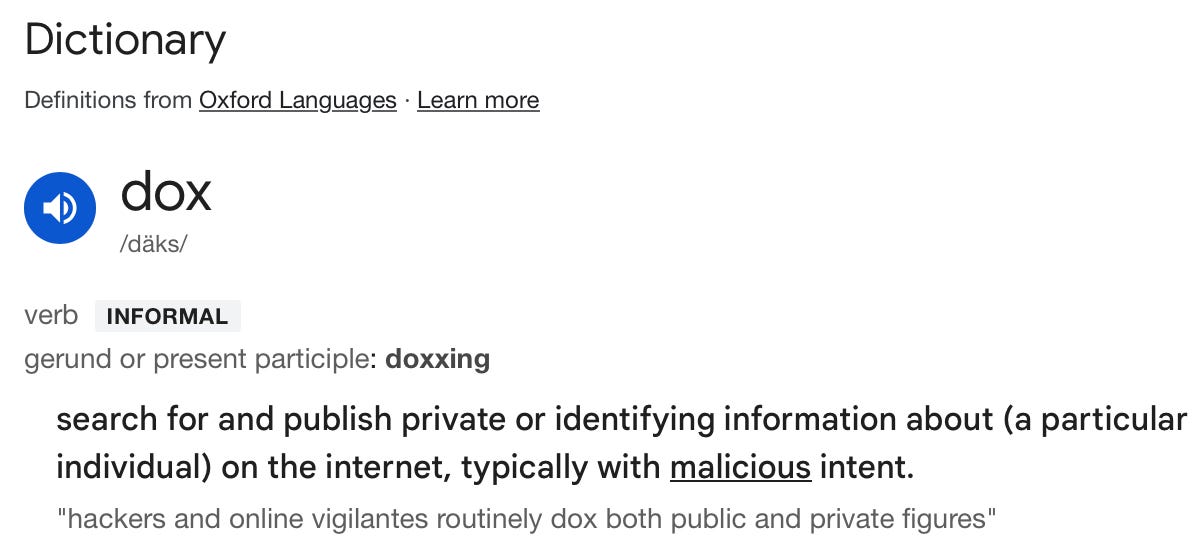California’s Push to Expose Federal Agents Sparks Debate: When Is It OK For A Law Enforcement Officer to Shield Their Identity?
Senate Bill 627 seeks to ban law enforcement from covering their faces, but can states dictate federal conduct, and where does public safety meet personal privacy?
⏱️ 3 Min
A Surge in Enforcement, A Surge in Controversy
Recent federal immigration operations have set California ablaze with fierce debate. High-profile raids—last month’s chaos in downtown Los Angeles, the dramatic sweep through MacArthur Park, and that jarring Ventura County marijuana farm bust—have thrust Immigration and Customs Enforcement (ICE) actions into the harsh spotlight. These operations target illegal immigrants who are often connected to additional crimes, sending a clear message that unlawful entry will face consequences. Yet they have also sparked intense public outcry, especially when federal agents show up with covered faces and sometimes no visible names or badges.
The Fear of Doxxing Defined
“Doxxing” describes the malicious practice of publicly revealing private personal information—someone’s name, address, or workplace—usually to encourage harassment or retaliation. Many federal agents live in the very communities where they work, and they worry that exposing their identities during controversial operations could make them doxxing targets. Protesters or hostile individuals might go after their families or homes, a genuine risk in our increasingly polarized world. This legitimate concern pushes some officers to hide their faces, though critics contend it destroys public trust.
California’s Legislative Response
Enter Senate Bill 627, dubbed the “No Secret Police Act,” brought forward by Senators Scott Wiener (D-San Francisco) and Jesse Arreguín (D-Berkeley). The Assembly Public Safety Committee heard the bill today, and it requires all law enforcement officers—local, state, and federal—to show their faces and wear identifiable uniforms displaying names or badge numbers during operations. The bill removes exceptions for SWAT teams, medical masks, or protective gear against dangerous toxins. Those who violate the law could face misdemeanor charges. This legislation directly responds to reports of masked federal agents operating in cities like Los Angeles and San Francisco, to increase transparency where distrust now festers.
A Constitutional Conundrum
Can a state law control federal agents? Legal experts have serious doubts about SB 627’s enforceability. Ed Obayashi, a California special prosecutor, told the Los Angeles Times, “If they’re following federal law, they’re following federal law,” pointing out that federal officers operate under federal directives. State courts typically cannot prosecute them for carrying out official duties. However, Jessica Bulman-Pozen, a Columbia Law School professor, argued in the same LA Times article that the bill’s broad application to all law enforcement gives it firmer legal ground by prioritizing resident safety, though federal courts could still dismiss state-level charges against ICE agents, making the law largely symbolic for federal actors.
Balancing Transparency and Safety
The core of this debate centers on a fundamental tradeoff: the public’s right to know who enforces the law versus officers’ reasonable expectation of privacy. Transparent policing builds accountability, particularly when recordings of officers can reveal misconduct. But Ed Obayashi cautions that identifying officers could lead to doxxing, “putting them and their families in harm’s way,” especially during volatile operations like immigration raids. Supporters argue that unidentifiable “secret police” undermine democratic trust, particularly within immigrant communities.
So, Does It Matter?
Divisive issues require nuanced solutions. SB 627’s goals of curbing impersonation and maintaining transparency are important, but its blanket approach risks dangerous overreach. A wiser path might involve federal-state coordination: require clear identification without altogether banning protective masks. Officers are not policymakers; they execute orders. Punishing them for federal directives completely misses the target. Californians deserve transparency, but officers also deserve safety. But it has been quite some time since reasoned policy has emerged from the California legislature. And I believe there is very little interest on the part of ultra-progressive politicians like Scott Wiener in seeking practical solutions that respect all sides.





Jon
I’m a retired San Francisco police officer
Context :
I have an unusual last name that was spelled out in bold type gold letters on my uniform
(And I lived then in SF )
More than once my Family was terrified b
Have people either follow me home or locate me via the Internet et. Then bag on my door, graffiti my building ( PIG PIGNPIG) or Harris my kids going yo school .
If Wiener wants cops to endure this he should wear clothing that identifies HIM in the same way
How about a neon yellow safety vest that says. “ politician” on it ?
Oh wait
Never mind
He gets free security from cops 24/7 regardless
10-7
California cities and counties are violating these Federal law enforcement officers civil rights of equal protection by barring local police from coming to the aid of Federal employees while conducting lawful activities according to their job responsibilities.
No court would stand for a state law or municipal ordinance that said local law enforcement may not come to the aid to protect licensed ice cream vendors if they are attacked while lawfully conducting business.
Why are states and local municipalities allowed to strip Federal employees of their civil rights to equal protection whether under the 14th Amendment to the US Constitution or any other right or statute?
On top of that, the State of California wants to make these Federal employees and their families easier targets? Where is the deserved outrage?